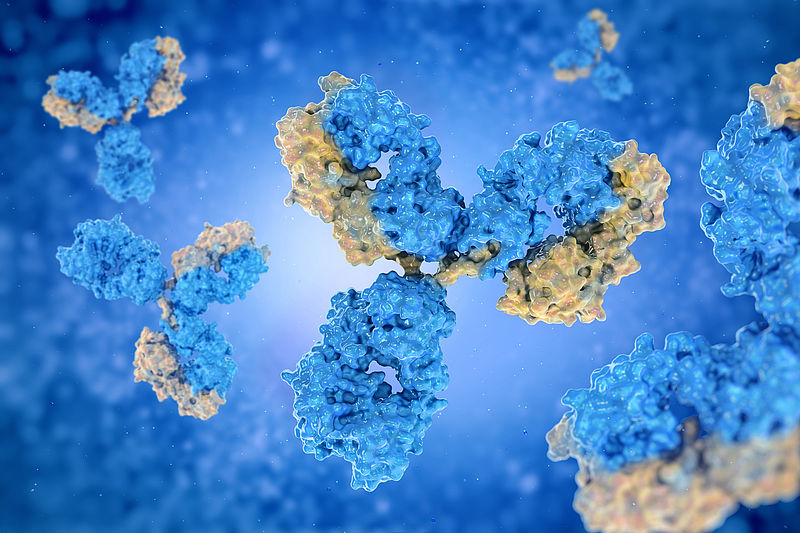Cardiogenic shock often occurs as a result of an acute myocardial infarction and is a life-threatening complication. It leads to sudden heart failure and the muscle is no longer able to pump sufficient blood to the periphery. 150 patients took part in the study at the University Medical Centre Hamburg-Eppendorf (UKE). They were treated with the antibody Adrecizumab within 48 hours of cardiogenic shock.
"The antibody was well tolerated and the side effect profile was similar to that of the placebo. However, neither survival after 30 or 90 days was improved compared to placebo treatment, nor was there a statistically significant reduction in the duration of cardiovascular support systems required within the first month. On a positive note, biomarker-driven sub-analyses indicate patient subgroups that could benefit from the therapy," summarises DZHK scientist and Priv.-Doz. Dr Dr Mahir Karakas from the UKE summarises. According to the scientist, the mortality rate in cardiogenic shock is up to 50 per cent. According to Karakas, around 70,000 cases of cardiogenic shock are reported each year in Europe and up to 50,000 cases in the USA.
Adrecizumab was effective in the treatment of septic shock in a previous study. Experimental data had also shown that this antibody has an anti-inflammatory effect via increased adrenomedullin levels in acute myocardial infarction, promotes the survival of cardiomyocytes and prevents programmed cell death. However, the study found no benefit of adrecizumab.
"Despite the formally negative results, it is of great relevance that such controlled, multicentre studies are carried out in order to gain new insights," adds Prof. Dr Stefan Kluge, Director of the Department of Intensive Care Medicine. Several DZHK centres were involved in the ACCOST-HH study, which has now come to an end.
Original publication: Single-dose of adrecizumab versus placebo in acute cardiogenic shock (ACCOST-HH): an investigator-initiated, randomised, double-blinded, placebo-controlled, multicentre trial (Karakas et al., 2021)
Source: press release UKE (in German only)



